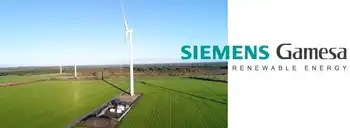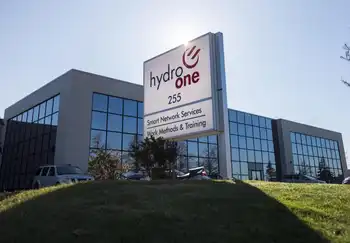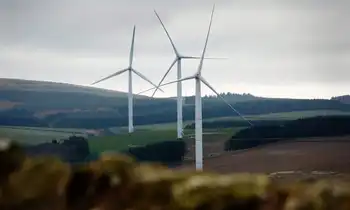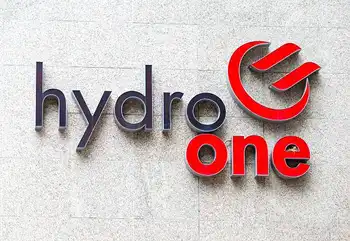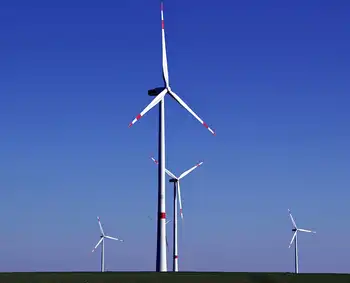Report examines extracting oil with nuclear power
By New York Times
Substation Relay Protection Training
Our customized live online or in‑person group training can be delivered to your staff at your location.

- Live Online
- 12 hours Instructor-led
- Group Training Available
The move comes on the heels of a decision by Bruce Power, a private company that operates a publicly-owned nuclear station in western Ontario, to seek approval to build a $10 billion nuclear station at a site known as Whitemud, about 310 miles northwest of Edmonton.
Bruce Power hopes to begin an environmental assessment next year. Its proposal calls for two to four 1,000-megawatt reactors, with three vendors – Atomic Energy of Canada Ltd., Westinghouse and Areva – competing to supply the equipment.
According to the expert panel report, almost 90 percent of Alberta’s electricity comes from coal or natural gas, and demand is projected to jump 74 percent within the next 15 years, largely due to the needs of the oil sands projects — which consumes roughly 1 billion cubic feet of natural gas daily.
At the same time, the National Energy Board has projected a drop in long-term natural gas production in Western Canada, and continued consumption by oil-sands production could turn the province into a net importer within the next few decades.
The nuclear option received a boost last fall from the Canada West Foundation, an economic and public policy research group representing the four Western Canadian provinces, which released an analysis that concluded “the opportunities outweigh the challenges with regard to the expansion/development of nuclear power in Alberta and Saskatchewan.”
But anti-nuclear activists and critics of Alberta’s oil sands industry are questioning the idea of using nuclear energy as an alternative. Andrew Nikiforuk, a Canadian journalist and the author of the 2008 book, “Tar Sands: Dirty Oil and the Future of a Continent,” said Royal Dutch Shell has been testing a bitumen extraction process in Colorado that relies less on natural gas and instead uses long electrodes that can be driven down into the shale to gradually separate the trapped oil.
Canadian environmental groups like the Pembina Institute oppose the use of nuclear reactors to supply electricity for oil sands production, citing issues like cost, spent fuel storage and water contamination. Other anti-nuclear networks have also sprung up as Alberta moves forward with its assessment.
Beyond the customary objections to nuclear power, Mr. Nikiforuk observes that the project may serve to further impair Canada’s international reputation on energy policy. “The first country to use nuclear power to produce fossil fuels will not be highly regarded on the planet.”





